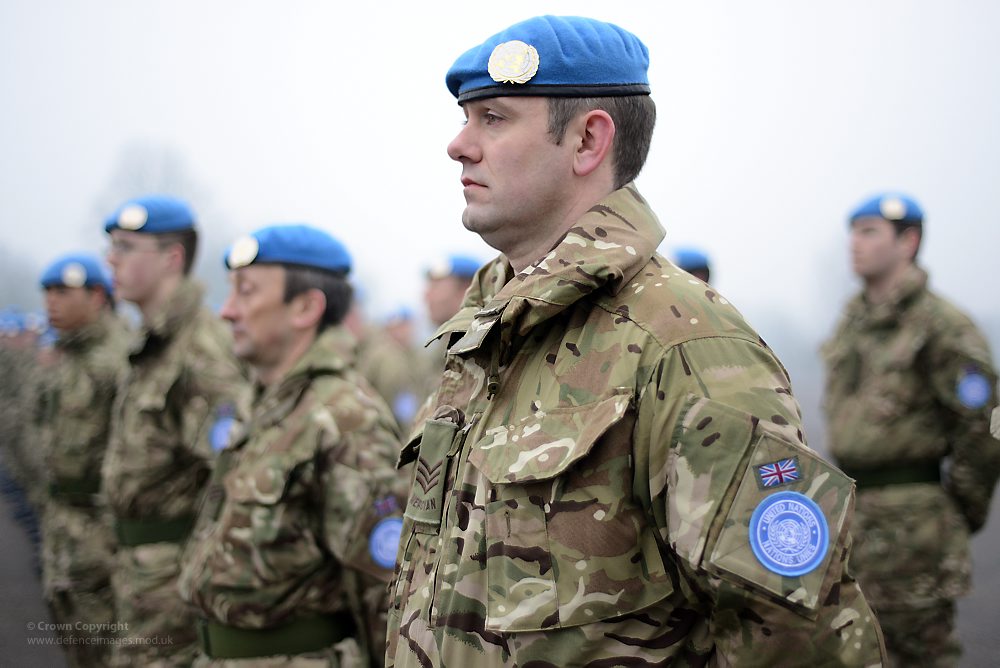Old Dog, New Tricks? The UN’s Chance for Reforms

Like a wise old man sitting in an armchair contemplating his youth, the United Nations has a rare opportunity for reflection as it reaches its 70th anniversary. Just like any individual, the UN has much to contemplate about its own fragile legacy. It has faced global crises and weathered technological, ideological, and social revolutions which have shaken the organization’s founding principles and brought into question the validity of its very existence.
Along with this milestone, the United Nations has finally decided to include all 193 member states in the election of the new Secretary-General, pledging to ‘make the process as transparent and inclusive as possible.’ In light of this transitional period, there has been clamours for additional reform, including calls for a reshuffling of the security council, greater funding for UN led missions, and greater female representation.
Particularly the last request may come soon, as a number of highly qualified female candidates have made their desire for captaincy known. One of the strongest applicants is the Bulgarian Director General of UNESCO (Education, Scientific and Cultural wing of the UN), Irina Bokova. She has received countless endorsements for her work in women’s empowerment, girls’ education, and has also spoken publicly about the mistreatment of women at the hands of UN peacekeepers. If that wasn’t enough, she speaks 4 of the 6 official UN languages (the requirement is only two).
Female candidates make up 5 of the current 11 candidates, not including the numerous ‘potential’ candidates (including Angela Merkel) which have been suggested by pundits, suggesting that the United Nations is making a concerted effort to increase its female representation and diversify the upper echelons of the administration. However, this is not enough to keep the United Nations modern, relevant, and a true reflection of the geopolitics.
The true failings of the United Nations lie in the inability to evolve with the rapidly changing contemporaneous political structures and institutions that exist in the world. As one can see, the UN has been conspicuously absent from the global stage. Member states have taken a preference in unilateral responses over multilateral operations in global conflicts such as those across the Middle East and Northern Africa. After the blood-red blemishes of Rwanda and Srebrenica tarnished the UN’s peacekeeping record, many expected widespread reform in the way peacekeeping operations were managed and the composition and extent of power of the Security Council. None came, however, resulting in the growing sense of disregard for UN’s relevance and utility in today’s political sphere.
Kevin Rudd, the former Australian Prime Minister, wrote an editorial piece for The Guardian outlining his own feelings on UN reform in light of his denied application for the Security General position. He discusses the need for an integration of UN bodies, the need for greater funding, and for voices from all demographics to be heard in UN councils. It is an article well worth reading but one that I would like to add to.

One of the most glaring areas for improvement is in the composition of the UN Security Council. A body balanced and weighted in a post Cold-War world is no longer reflective of contemporary geopolitics. The Security Council does not have any members from either South America or Africa, the two largest and fastest growing economic spheres, causing the most powerful body in the United Nations to be disconcertingly Eurocentric. No multilateral organisation can claim to speak for all 193 member states if their highest council consists of a handful of member states from a small part of the world.
Secondly, as Kevin Rudd pointedly observes, ground operations are disconnected between UN bodies such as UNESCO, UNHCR (the refugee commission), and ECOSOC (the economic and social council). The difficulty in communication between these entities results in half-cooked operations and poorly managed crises. One needs to only consider the mishandling of the Rwandan genocide to understand the importance of unified action and an all-encompassing solution that does not end when the immediate threat is dealt with.
Lastly, the UNDPKO itself, the UN’s peacekeeping body, needs to reassess the types of conflicts it is dealing with, the resources it wields, and the doctrines and protocols under which it works. The movement away from interstate to intrastate warfare has rewritten the rules of engagement, and effective strategies to deal with urban guerrilla fighters need to be implemented. Warfare is no longer black and white, between clearly marked combatants, and without an acknowledgement by the UNDPKO, United Nation peacekeeping operations will never evolve from the Cold War era.
The United Nations has been, and should remain, a necessity of modern politics. A regression to isolationism and unilateralism will drag world politics back to before the World Wars. However, just as businesses and governments adapt with the times, so to must our largest geopolitical body. Though change comes slow, come it must, and the UN officials need to be convinced that now is the time for reformation.
